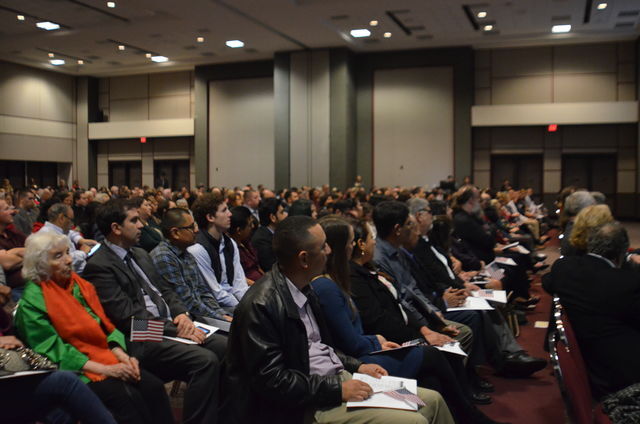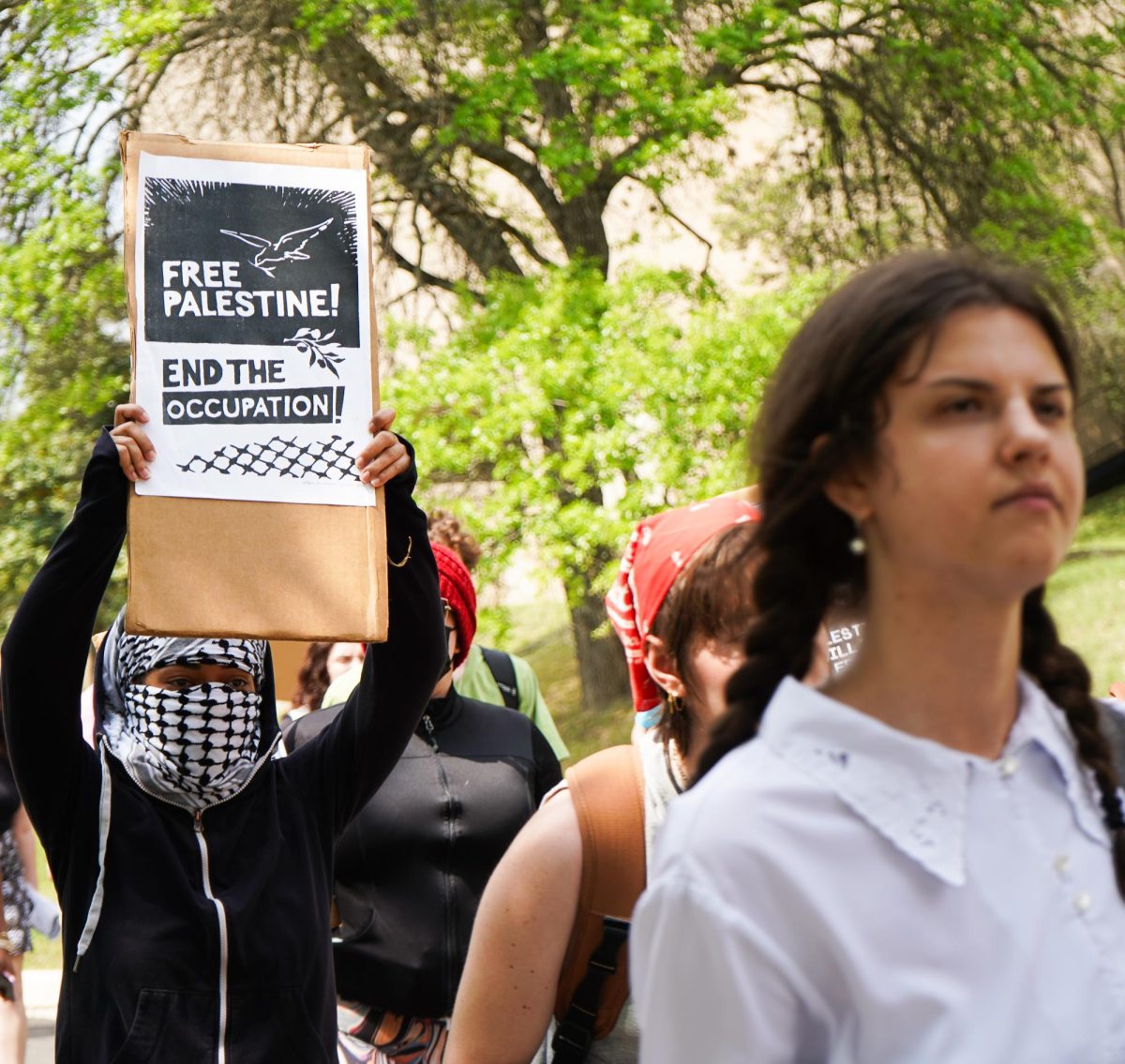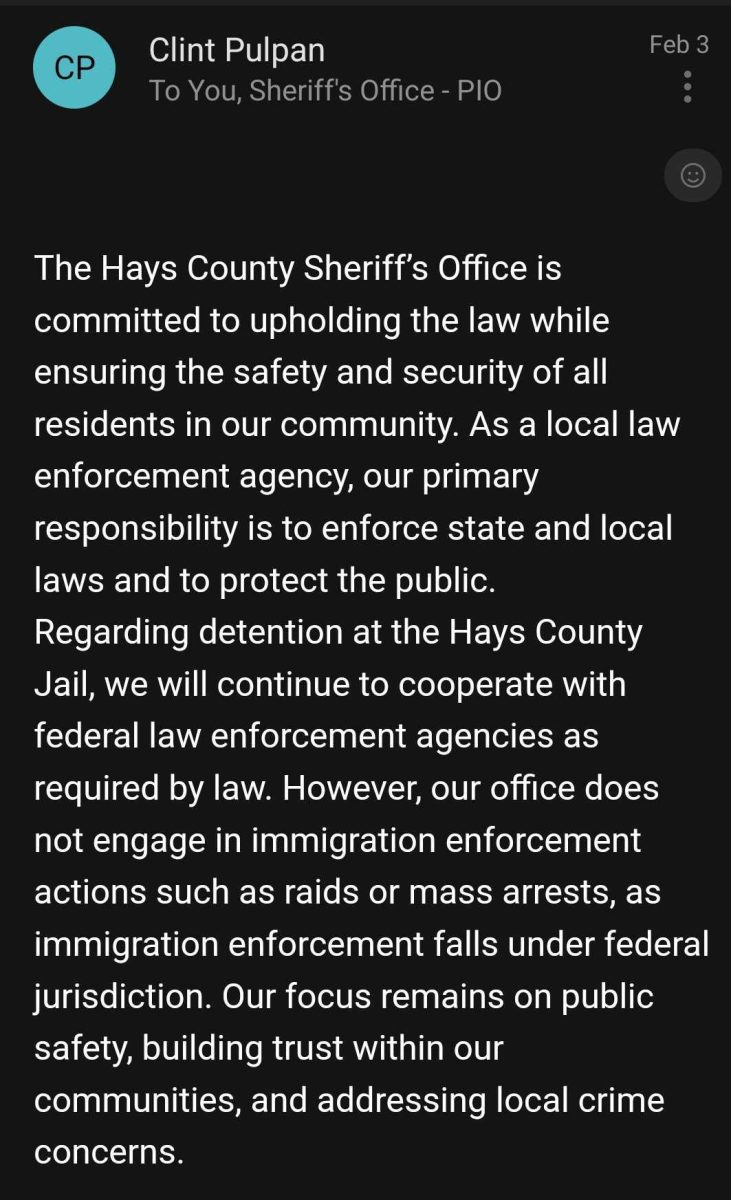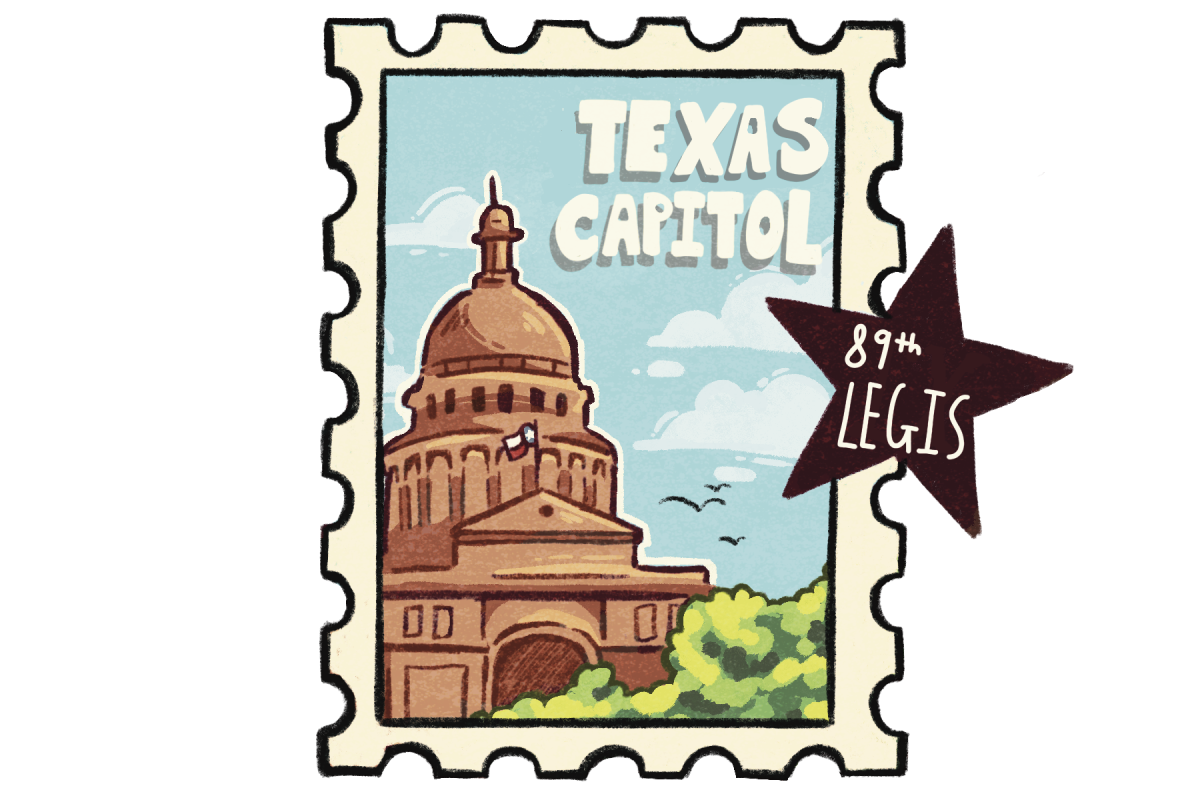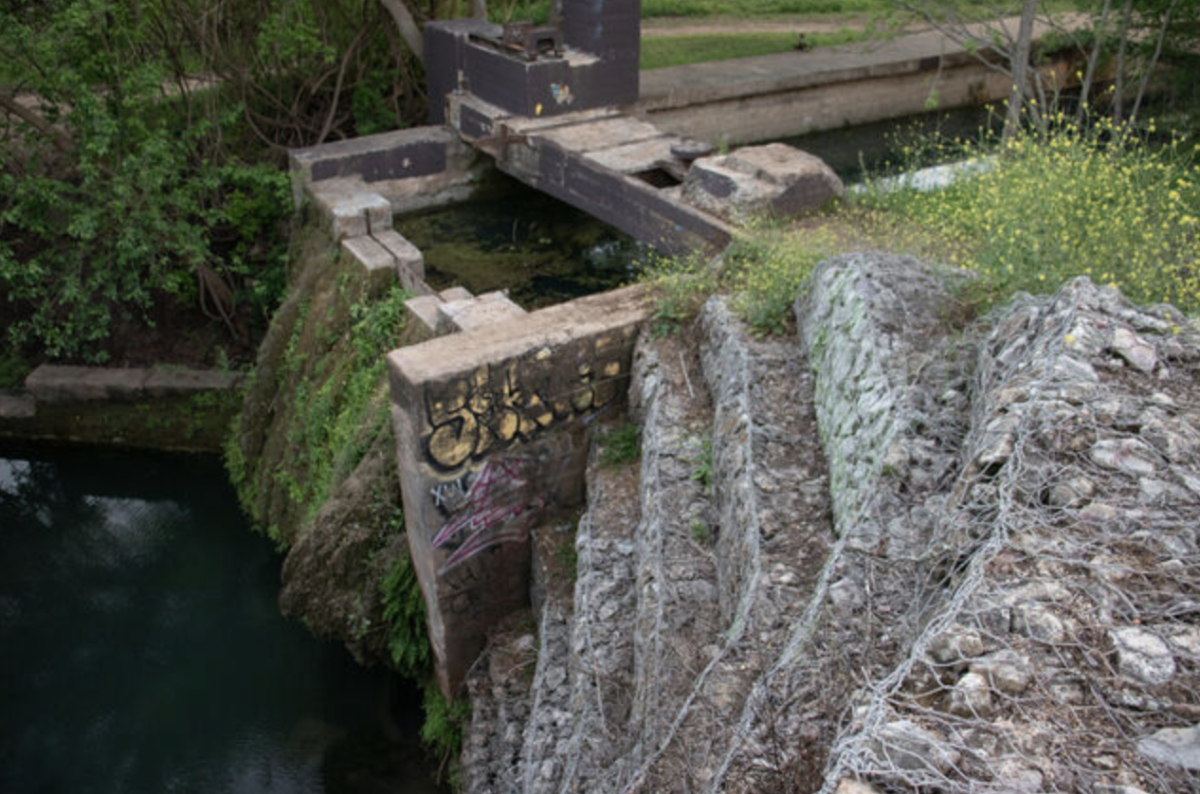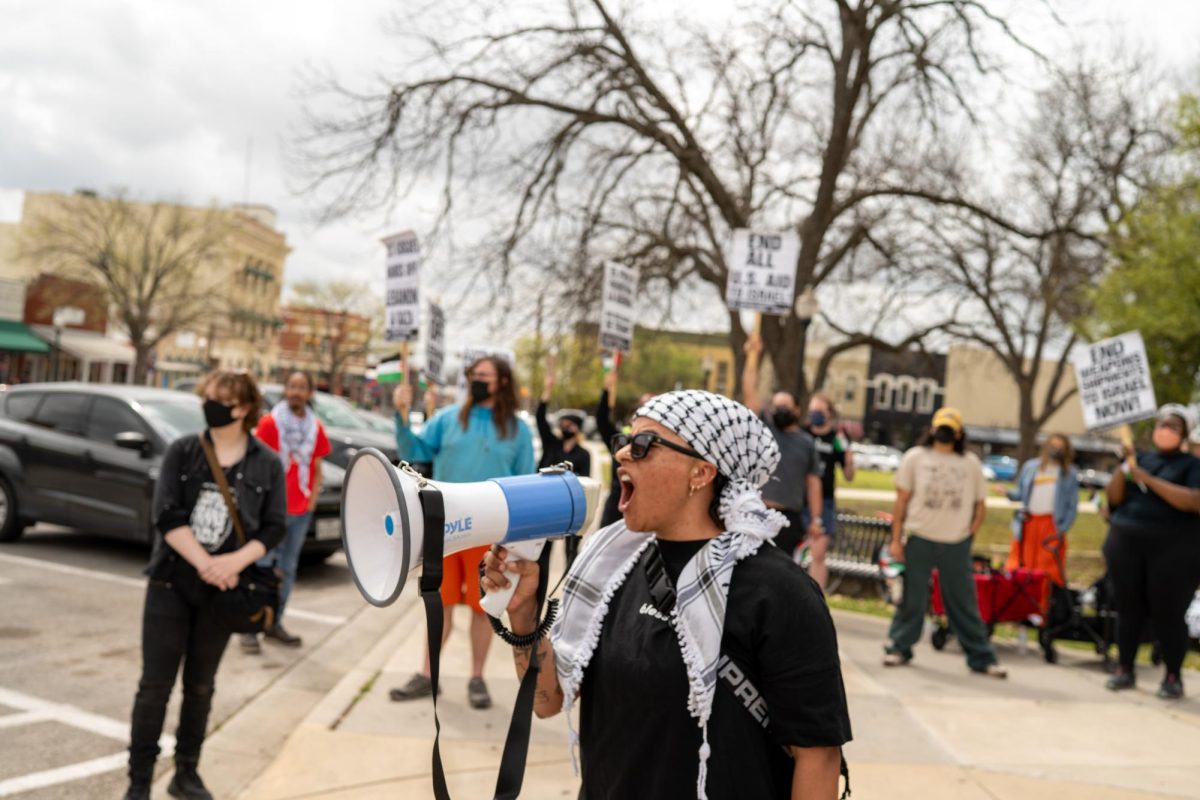From 29 countries, 101 people became U.S. citizens at Texas State during a naturalization ceremony hosted by the university and the Hispanic Policy Network.
The ceremony was hosted in the LBJ Student Center ballroom Feb. 14. Texas State and HPN hosted the first naturalization ceremony on campus in 2015 where 50 people were made citizens. In 2016, 75 people participated, making this year’s ceremony the largest according to HPN.
Organizers and members of HPN said the organization’s hopes to one day hold naturalization participants and their families in Strahan Coliseum.
U.S. District Judge Robert Pitman presided over the naturalization ceremony and the event featured a keynote address from Texas Land Commissioner George P. Bush.
“It’s an honor (to be here), we have to stand behind legal immigration and strengthen that system,” Bush said. “The individuals that were here, represent 29 different countries, which really speaks to the diversity of our country and why it continues to attract people from all over the world to seek opportunity.”
Raphael Olvera, who became naturalized at the event and Mexico native, said becoming a citizen is a badge of honor.
“It’s a big step,” Olvera said. “Something that I’ve been waiting for a long time.”
Olvera said he followed the process for 5 years following the completion of his residency application.
Arwen Fitzgerald, a public affairs officer for U.S. Citizenship and Immigration Services, said the process of naturalization takes about 8 months following the completion of the residency application process and necessary paperwork filed and an interview.
“So you emigrate to the United States and you get a green card to live and work legally in the United States,” Fitzgerald said. “If you marry a citizen you have to wait 3 years before you can apply if you’re not marrying a citizen you have to wait 5 years.”
Fitzgerald said USCIS tries to make the process transparent and as seamless as possible.
“If you have done everything right you don’t even really need a lawyer,” Fitzgerald said.
Categories:
More than 100 people become naturalized on campus
February 15, 2018
Ceremony attendees and participants during the ceremony’s keynote address.
Photo by Jakob Rodriguez | Assistant News Editor
0
Donate to The University Star
Your donation will support the student journalists of Texas State University. Your contribution will allow us to purchase equipment and cover our annual website hosting costs.
More to Discover



